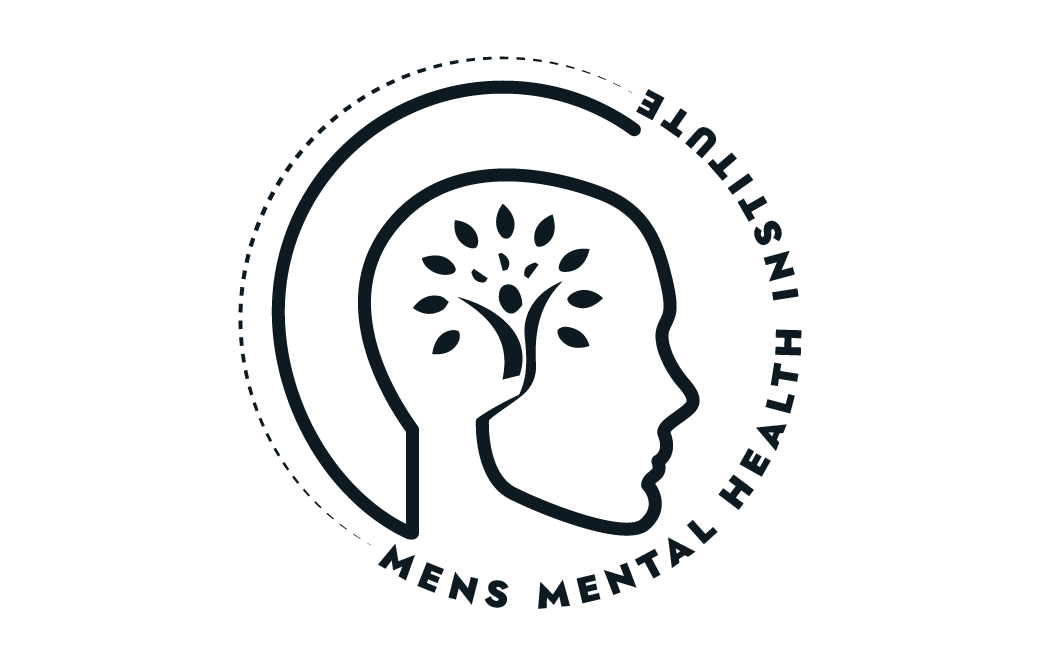When Being “Good” Doesn’t Get You Anywhere
You’re the guy who listens. Who doesn’t cheat. Who shows up, pays the bills, and does what’s asked. But for some reason, you’re still resented. Rejected. Overlooked. Women say they want a good man, but not you.
You start wondering: Do I have Nice Guy Syndrome?
Nice Guy Syndrome isn’t about being kind, it’s about performing goodness in hopes of being chosen, respected, or loved. And deep down, it’s built on fear: fear of confrontation, fear of rejection, fear of being seen as selfish or masculine in the “wrong” way.
From a behavioral psychology standpoint, Nice Guy behaviors are often the result of conditional environments in early life. If love was earned through compliance or if anger was punished, you likely learned to seek validation by being needed, agreeable, and low-conflict. That coping style becomes an identity.
Evolutionary psychology tells us women are drawn to men with agency, men who take the lead, embody competence, and set boundaries. But the modern Nice Guy often suppresses these traits to avoid being seen as toxic, controlling, or “too much.” Ironically, the more he tries to be safe and agreeable, the more invisible he becomes.
Social psychology points to an identity crisis. Men today are caught in a paradox: be soft but strong, confident but humble, assertive but never aggressive. Without a clear rite of passage into secure masculinity, many default to people-pleasing as a way to gain relational approval, especially in romantic relationships.
And unfortunately, the mental health field hasn’t always helped. Some therapy modalities encourage endless vulnerability and emotional openness, without helping men build strength, boundary-setting, or internal authority. Men are taught to feel but not lead, to open up but not act with conviction.
Therapeutic Strategies to Break the Nice Guy Pattern
You don’t need to become a jerk to get respect. But you do need to stop hiding behind performative kindness.
Core Belief Rewiring (CBT + Schema Therapy)
We help you identify and challenge the beliefs that keep you stuck, such as “If I say no, they’ll leave,” or “Being direct is selfish.” These beliefs are driving your behavior. Until you change them, you’ll keep playing small in your own life.
Boundary Reclamation (Solution-Focused + Assertiveness Training)
You’ll practice saying what you want, stating what you need, and holding the line when it matters. We teach communication strategies that are clear, direct, and rooted in self-respect, not emotional shutdown or passive aggression.
Inner Masculine Work (Jungian & Somatic Modalities)
Nice Guys often suppress parts of their masculinity they were shamed for, anger, leadership, sexual energy, decisiveness. We explore how to reclaim these traits in healthy, powerful ways. Not to dominate others, but to lead yourself.
Nervous System Regulation (DBT, Polyvagal)
People-pleasing is a stress response. It comes from fear. We help you work with your nervous system to recognize when you’re abandoning yourself, and how to return to a calm, grounded place where decisions are made from strength, not survival.
What You Gain in Love, Life, Wealth, and Mental Health
In love, you stop trying to “earn” connection through self-sacrifice. You start leading with strength and honesty. You attract women who respect you, not just need you. You experience real intimacy, not conditional approval.
In life, your time becomes your own. You stop overcommitting. You stop saying yes when you mean no. You discover what you actually want, and you give yourself permission to want it without guilt.
In mental health, anxiety drops. You no longer live in a state of silent resentment, waiting for someone to notice your efforts. You find calm in being true to yourself, even when it costs you approval.
In wealth, you stop undervaluing yourself in your career, business, or leadership roles. Nice Guys often undercharge, overdeliver, and avoid taking risks. But once your identity shifts, you begin to build the life you want, not just the life that keeps others comfortable.
Being nice isn’t the problem.
Abandoning yourself to be liked is.








